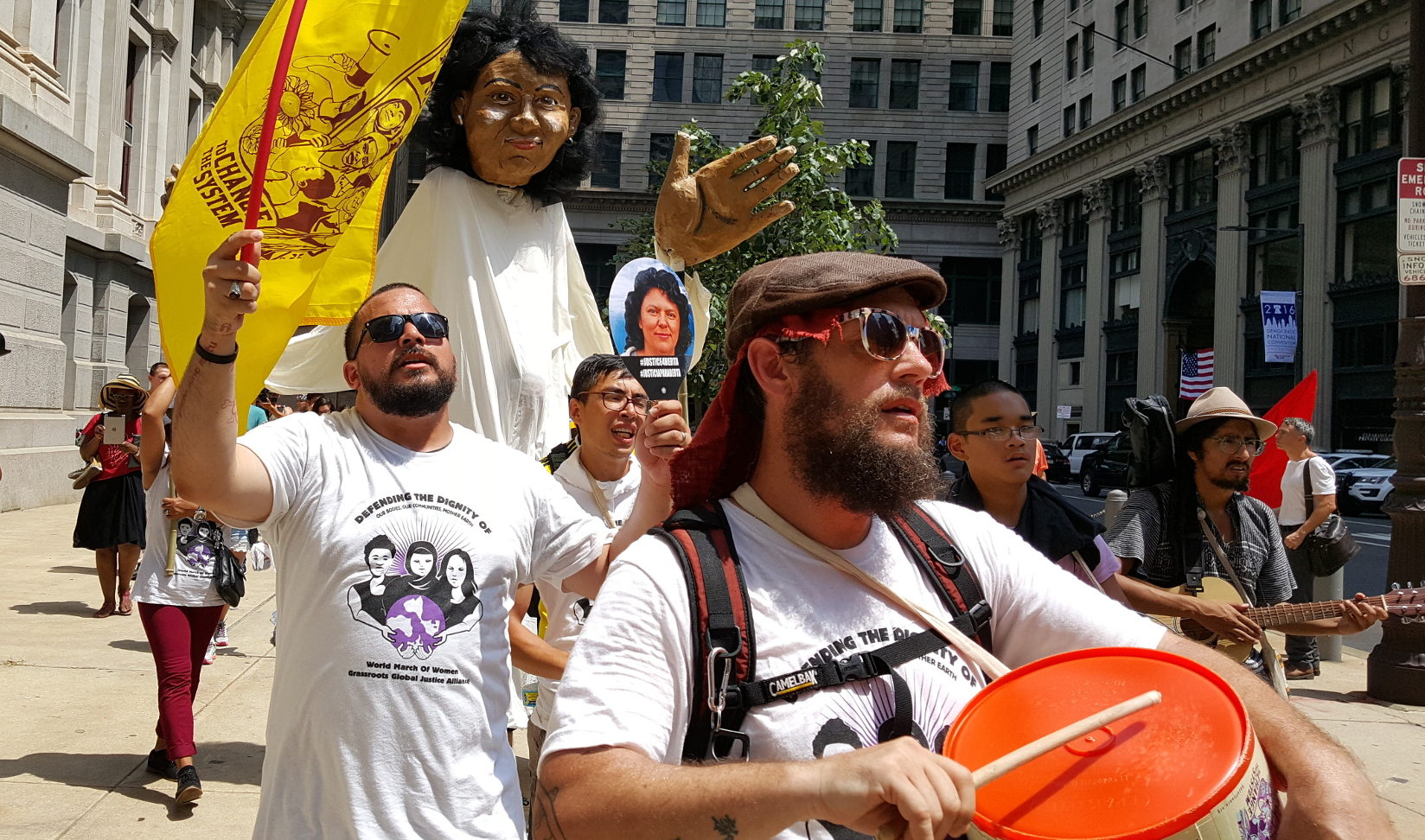A little over a week ago, I learned that MintPress News is “restructuring,” and eliminating most of their original writing, including my position as staff writer. That means the end of the full time job I’ve held since October 2014.
I’ve had a lot of adventures with MintPress, from getting banned from Nieman Marcus while covering the American Legislative Exchange Council to traveling to Philadelphia for the protests at the Democratic National Convention. It’s been a shock to realize that my work there will come to an end in January, and just days before the inauguration of President-elect Donald Trump.
2016 has been a bizarre year, full of unexpected losses, unbelievable stories and a few hard-won victories. Around the country, hundreds of organizations and thousands of activists and organizers are planning not just for January 20, but the next 4 years. I don’t want to lose my voice just as things are really popping off in America.
With your help, I can still be there on the front lines publishing stories of resistance. Today, I’m launching a Patreon account as a way of supporting my ongoing journalism. I’m asking my readers and fans to donate on a monthly basis as a way of keeping my writing alive.





